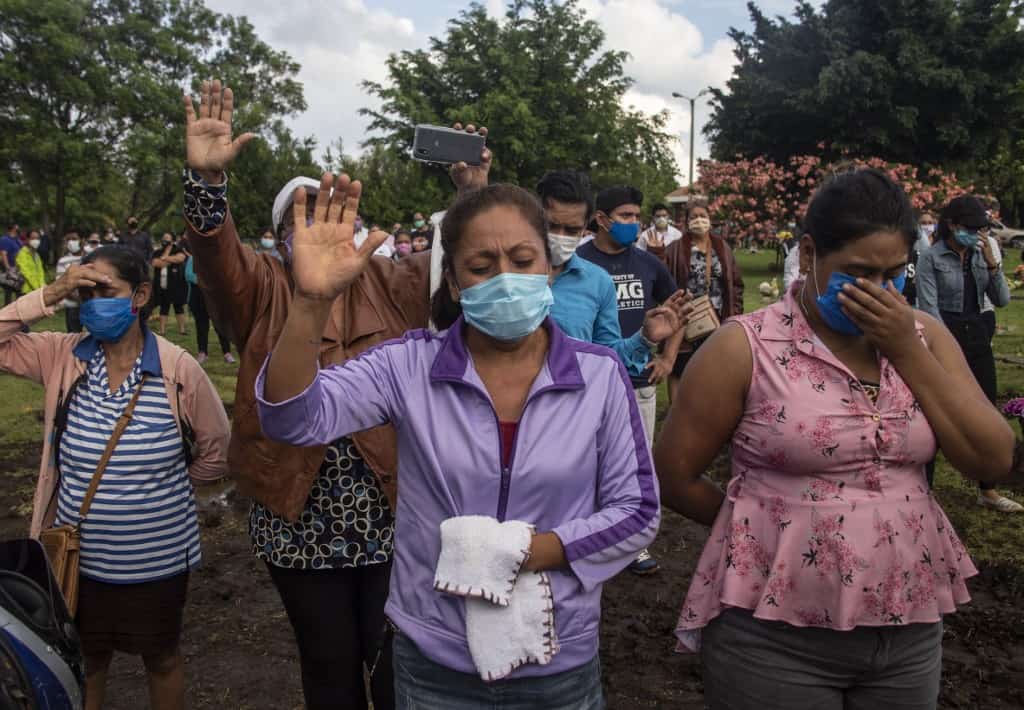Nicaraguan medical associations criticized the “unfair secrecy policy” from the Daniel Ortega government in the midst of the country’s “biggest health crisis” due to the COVID-19 pandemic.
The doctors spoke Friday after the renowned infectologist Carlos Quant, who worked for 20 years at a public hospital, was fired for criticizing the lack of measures to control the pandemic.
The dismissal of the specialist “reveals the total disrespect for human and labor rights of health personnel, who are subject to the unfair policy of secrecy and manipulation of information,” 32 medical associations denounced in a statement.
According to them, Quant is “one of the medical professionals with the highest scientific and academic reputation” in Nicaragua, they said, and his departure is intended to prevent health personnel from reporting on the magnitude of the virus’s danger.
According to official figures, some 1,118 people have contracted the new coronavirus in Nicaragua, of which 46 have died between March 18 and June 2.
However, the independent Citizen Observatory, made up of doctors and community networks, lists 4,217 possible cases of COVID-19 and 980 deaths associated with the virus through May 30.
Nicaraguan authorities have refused to order a quarantine, close the borders and, on the contrary, have promoted massive activities, exposing the population to contagion.
Doctors have said that they are not guaranteed adequate protection to care for infected patients, and many must buy their own equipment or use makeshift plastics to protect themselves.
Nicaragua is in an upward phase of community transmission of the virus, according to the Pan American Health Organization (PAHO), which warned this week that it will be “difficult” to control the pandemic without containment measures.
On Monday, medical associations called the population into voluntary quarantine, but compliance has been difficult for much of the population, which depends on informal jobs for income.
In April, the government launched a prevention campaign through state media, but at the same time it has continued to promote public activities that cause crowds.
Costa Rica recognizes risk
The Costa Rican government has reinforced security at its northern border in an attempt to slow irregular immigration from Nicaragua.
Last week, several northern districts were issued lengthy nighttime driving and river navigation restrictions to help those efforts.
Health Minister Daniel Salas and Vice President Epsy Campbell have both referenced the risk Costa Rica faces from its neighbors — Panama and Nicaragua — which both have high coronavirus tolls.
“Our primary health risk is the high level of circulation of the virus that exists in our neighboring country of Nicaragua,” Salas said in late May. “That’s the biggest risk we face right now.”
Costa Rica has itself announced a recent uptick in cases, primarily in the country’s Northern Zone.
“Cases are occurring more in vulnerable populations with migratory roots, agricultural workers, [and] construction workers, who are below the poverty line,” said Román Macaya, executive president of Costa Rica’s Social Security System (CCSS).






